
Culture
20:36, 16-May-2018
Women disabled in the Wenchuan earthquake rebuild their careers and lives
CGTN
04:11
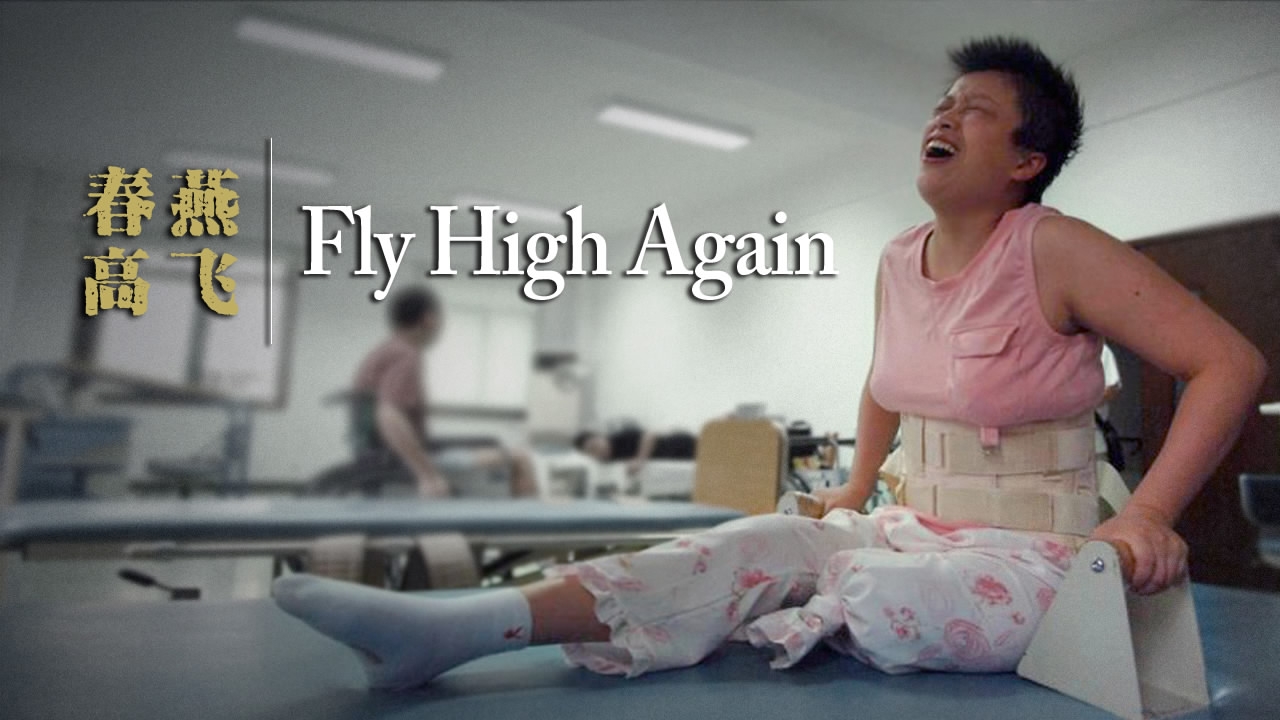
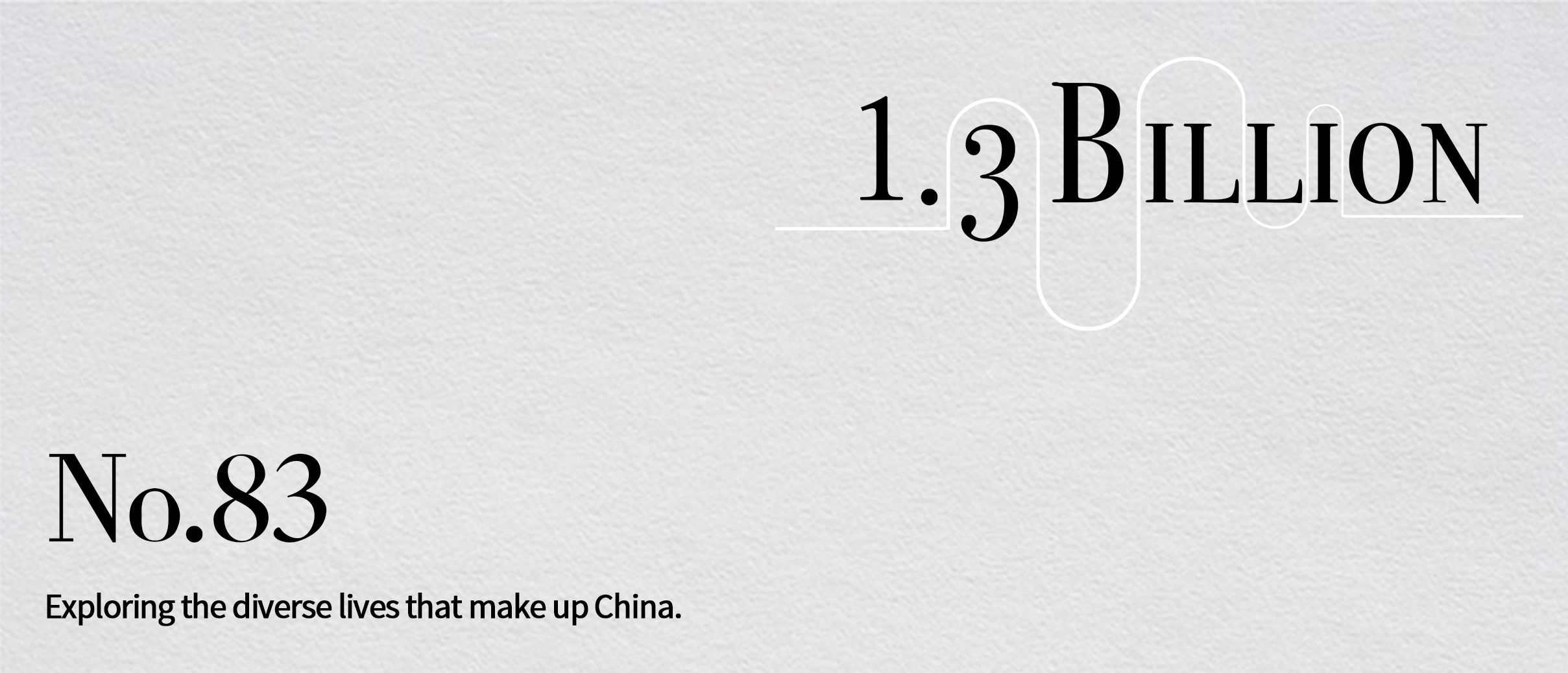
CGTN
CGTN
Liu Chunyan is from Mianzhu in China's Sichuan Province. She worked at the Tianchi Coal Mine since 1992 and had an ordinary but happy life.
May 12, 2008 was just another day: Liu and her colleagues were in a meeting when an earthquake hit, burying them in debris. Liu's left leg got trapped under a heavy slab.
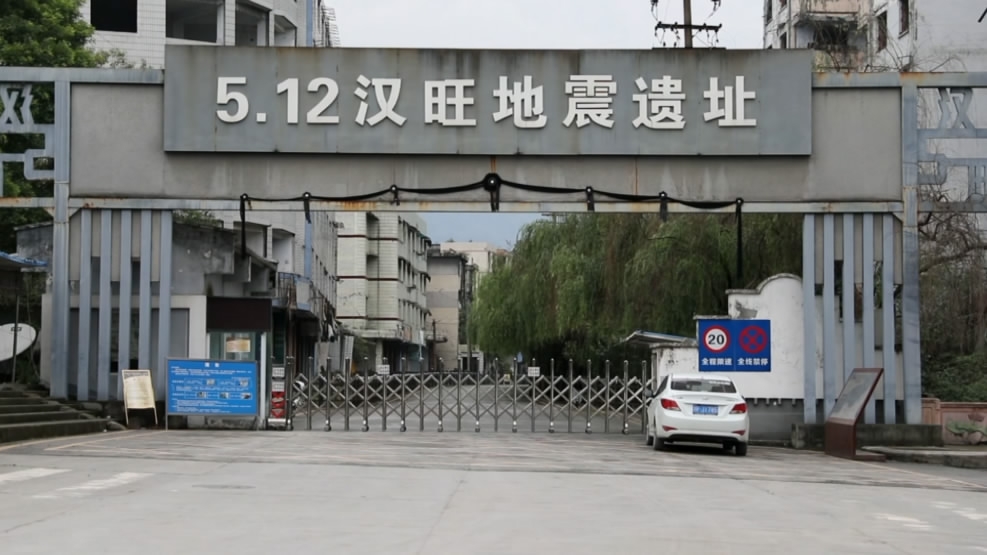
Earthquake ruins in Hanwang Town, Mianzhu City, Sichuan Province. /By CGTN
Earthquake ruins in Hanwang Town, Mianzhu City, Sichuan Province. /By CGTN

CGTN Photo
CGTN Photo
Her husband and colleagues tried everything, and finally got her out the next afternoon. Unfortunately, it was too late. Her left leg had turned necrotic and her spine was damaged.
Doctors said that she may never stand up again. Nevertheless, Liu didn't give up and she began a tough rehabilitation training course in Sichuan Province.
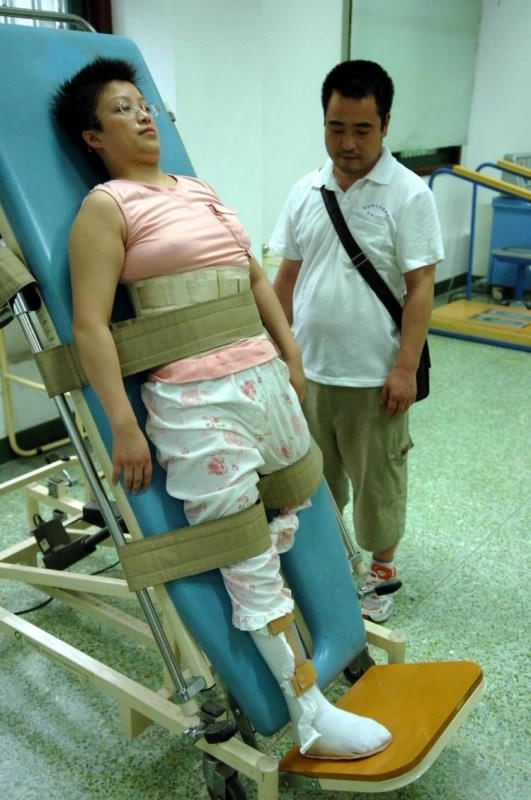
Liu Chunyan in recovery training. /Photo courtesy of Liu Chunyan
Liu Chunyan in recovery training. /Photo courtesy of Liu Chunyan

Photo courtesy of Liu Chunyan
Photo courtesy of Liu Chunyan
The training was extremely painful, but her willpower prevailed. Moreover, she thought: "Had I given up, I'd disappoint my family and the strangers who cared about me so much.”
Six months later, she was able to stand up while holding the parallel bars. In 2011, she could walk with a prosthesis, and moved to the new town of Hanwang with her family.
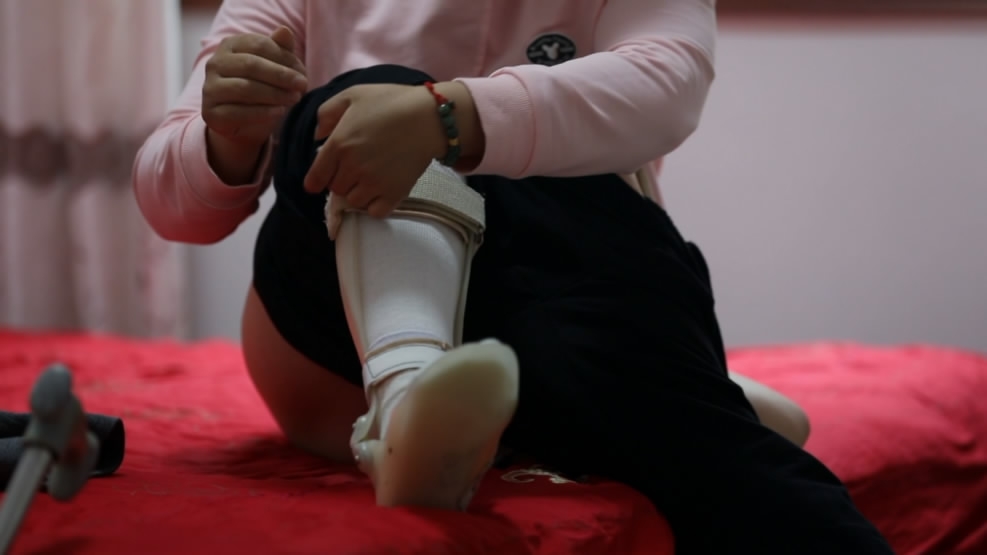
CGTN Photo
CGTN Photo
In the same year, Liu made a decision with several female friends who were also left handicapped after the quake. They were going to earn their own living. With the help of social workers, they established the Spring Sparrow Workshop. "Chunyan" literally means "spring sparrow." A college professor designed the workshop's logo with a flying sparrow holding a green leaf in its beak, symbolizing their hopes and dreams.
The friends chose to make acrylic bead handicrafts at first. They can be turned into all kinds of inexpensive items, including coasters, dolls, slippers and accessories. They're cheap to produce, but require a lot of effort.
Calluses were all over their hands when they finished the first batch of handicrafts. They were very happy, before they realized how hard it would be to sell them.
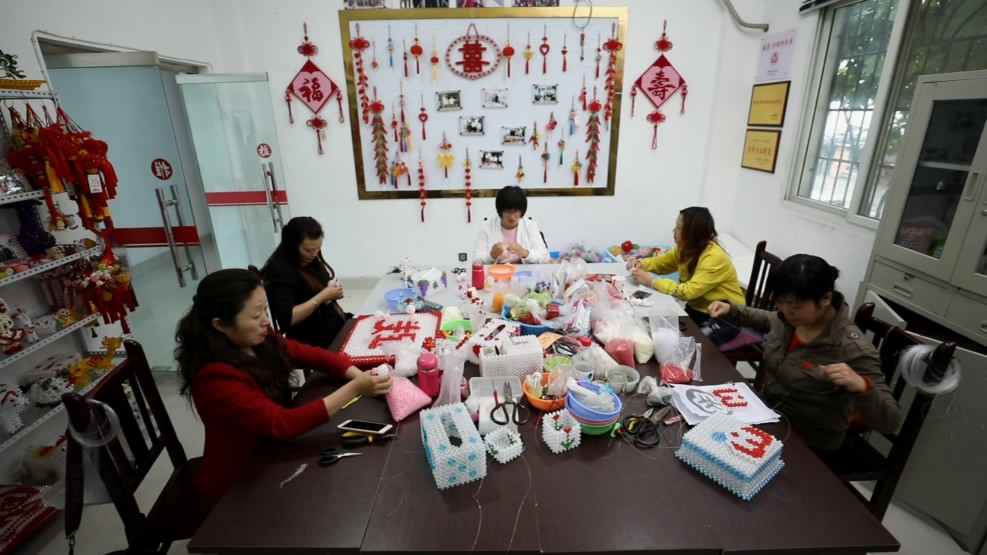
CGTN Photo
CGTN Photo
At first, they tried to open a shop on Taobao. But the plan didn't really work as they had no idea about advertising. So they decided to sell them on the street and go to the Women's Federation trade fair. Giving up was never an option.
Some institutions and warm-hearted people also offered help. This April, the Disabled Persons' Federation of Deyang ordered 300 dog mascots for the city's upcoming para games. Liu felt that she could really create something valuable with her own hands: "We got up early and went to work just like the old days, feeling there's something calling us. That's a kind of happiness," Liu said.
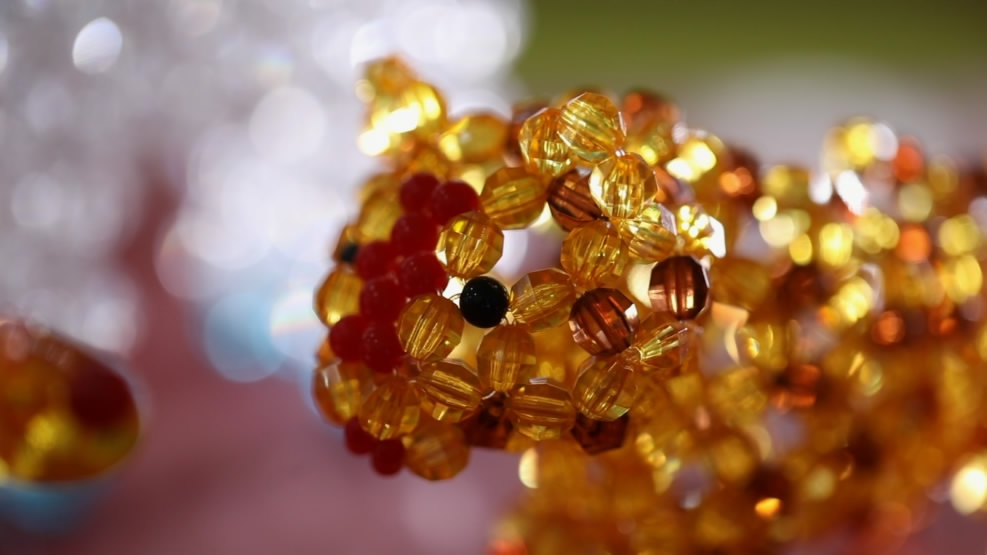
CGTN Photo
CGTN Photo
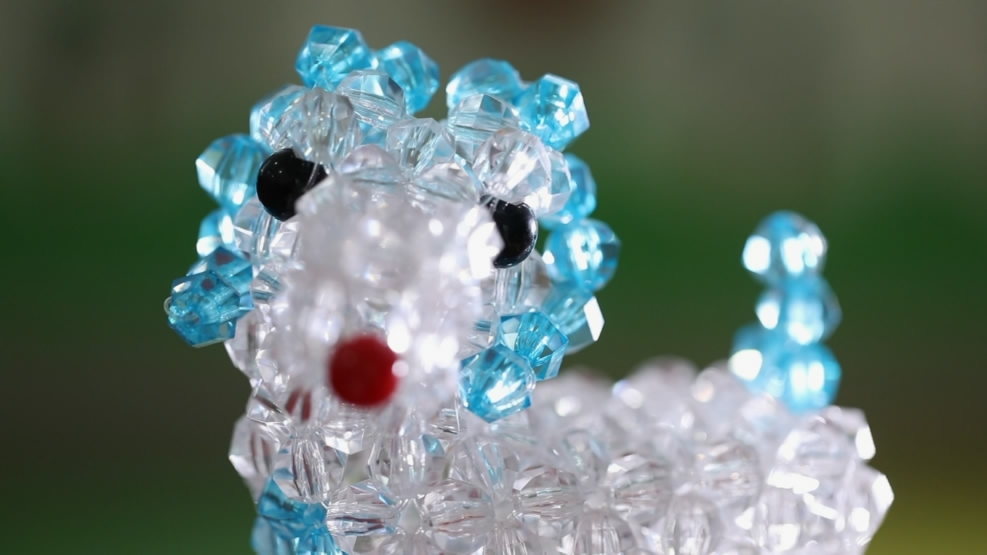
CGTN Photo
CGTN Photo
On the weekend, Liu takes excursions with her family around Hanwang to wherever is accessible on her electric tricycle.
Both the government and the social services have promised to promote their locally made handicrafts. Many women who lost their jobs would love to take part in their workshops, saying, "Whether we can make money or not, we still feel fulfilled when we make things ourselves.”
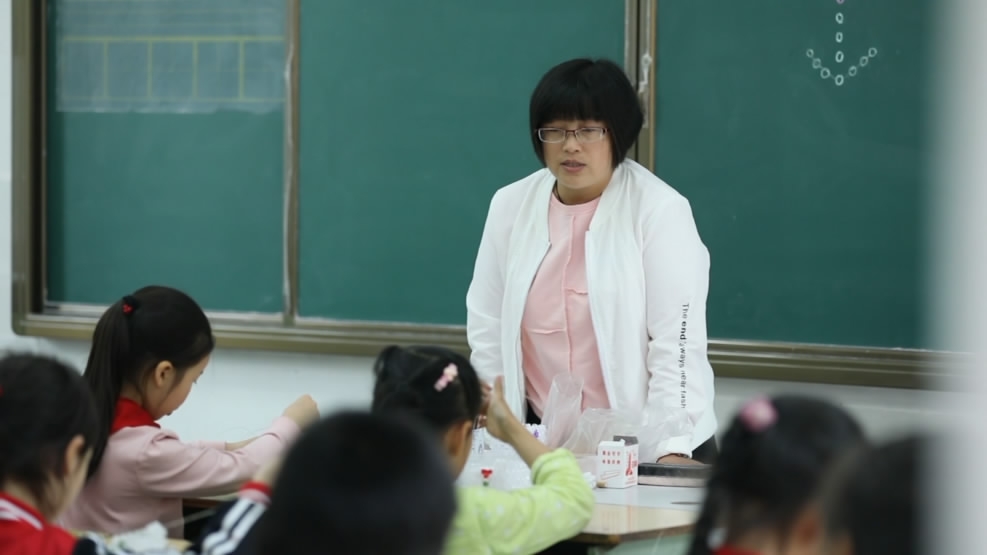
CGTN Photo
CGTN Photo
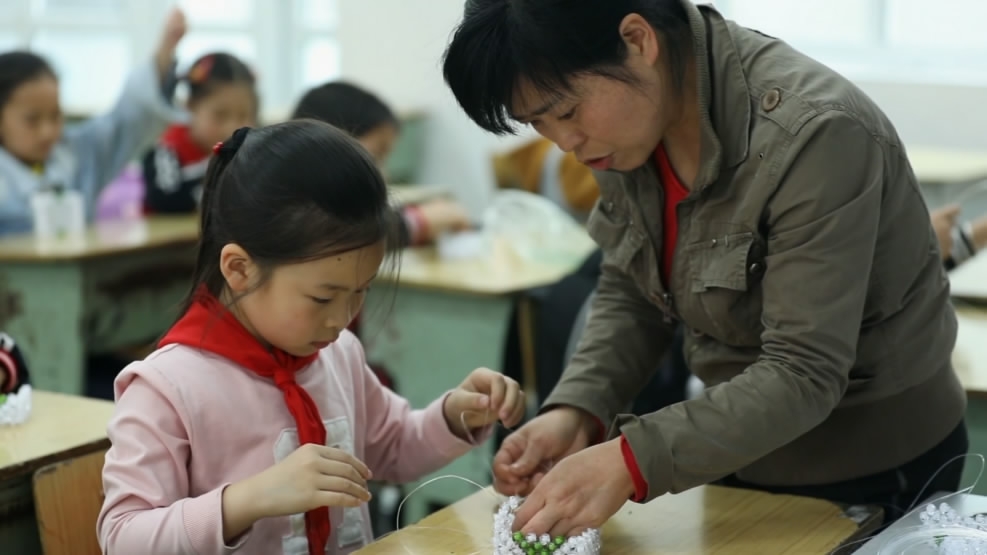
CGTN Photo
CGTN Photo
They have also been invited to primary schools to teach children how to make handicrafts: “It’s a good thing that we disabled people can make the kids feel positive.”
"Rely only on yourself, and always be optimistic" has been Liu's motto. Like a sparrow flying with recovering wings, she has a second chance at a wonderful life.
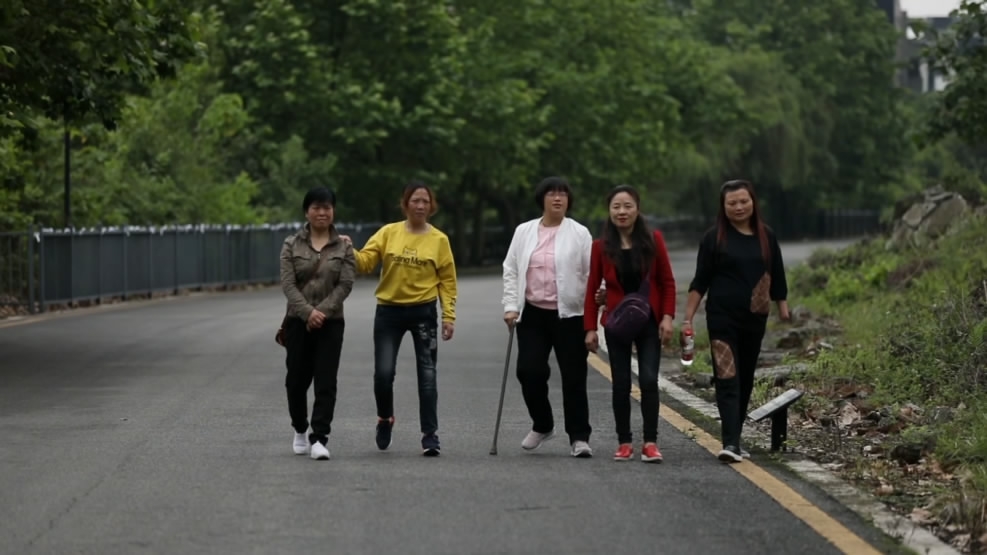
CGTN Photo
CGTN Photo

The story is one in The 1.3 Billion series exploring the diverse lives that make up China.
The story is one in The 1.3 Billion series exploring the diverse lives that make up China.

SITEMAP
Copyright © 2018 CGTN. Beijing ICP prepared NO.16065310-3
Copyright © 2018 CGTN. Beijing ICP prepared NO.16065310-3